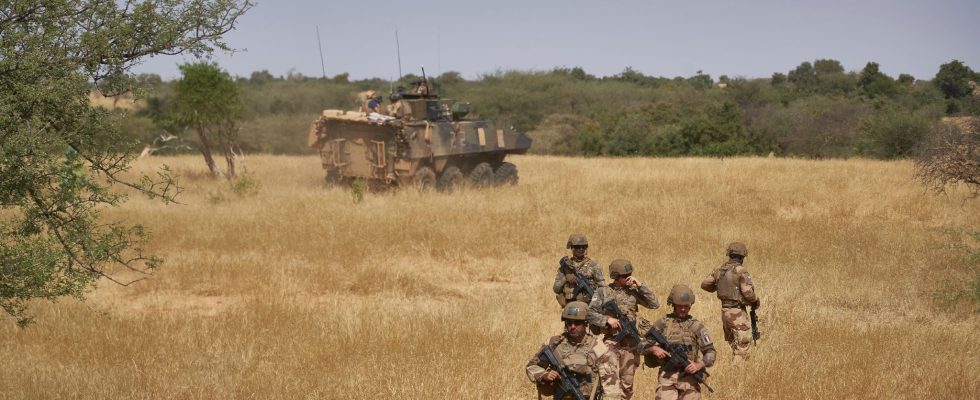After the thorny issue of pensions, Emmanuel Macron advocated in his last speech “100 days of appeasement, unity, ambition and action in the service of France”. The military programming law, which Parliament is preparing to study in the coming weeks, seems particularly suited to the presidential request.
Its objective is consensual: to continue and amplify the financial effort undertaken since 2018 in defence. An issue that has particularly echoed in public opinion since the start of the war in Ukraine. A commendable dynamic that contrasts with the conception that has prevailed since the departure of Jacques Chirac, relegating our military system to the role of a simple budgetary adjustment variable. A clear course in terms of equipment. From ammunition to intelligence, via artificial intelligence, the military programming law will enable our armies to respond over time to threats in multiple forms: the fight against terrorism or against paramilitary groups, high-intensity inter-State wars, information wars. So many investments that will enable our armed forces to gain in agility but also in credibility in an increasingly less secure international context. The commissioning of a new aircraft carrier confirmed for 2038, the 53.7 billion euros intended for our deterrence system or the 13 billion euros devoted to Overseas France and the 9.5 million of square kilometers of exclusive economic zone that surround these territories, will be so many means to ensure our sovereignty and to project ourselves into distant theaters of operations.
Thus, nearly 413 billion euros must be mobilised. A substantial budget but in line with the unprecedented situation we are going through. On the geopolitical level, we have reached a level of tension unprecedented since the end of the cold war, which is prompting many countries to arm themselves as well. Poland has already devoted more than 2.4% of its GDP to defense in 2022 and has already set itself the target of devoting 4% to it by 2023. Greece, on the other hand, has almost already achieved this share with an allocated budget that exceeds 3.7% of GDP. Closer to home, Germany announced its objective in February 2022: to become “the best equipped armed force in Europe” by launching a special fund of nearly 100 billion euros dedicated to defence.
The only downside is the calendar slippage of a number of projects such as the Scorpion program or the “all Rafale”. These discrepancies can be explained by a previous programming law that was too ambitious, even fanciful, and an international context that has been seriously upset over the past twenty-four months.
An illegible and opaque foreign policy
If the announcement of these hiatus could be the subject of questions, it is however more another subject which must challenge us. What will the considerable means made available to our armed forces be used for if the objectives that they must enable us to pursue in the service of our foreign policy are not clearly established? “War is nothing but the mere continuation of politics by other means.” All professional politicians know by heart the warning of Carl von Clausewitz, officer and theorist of modern warfare. We will have the means tomorrow, but the ends need to be clarified.
It has to be said that in recent years our foreign policy has become illegible and opaque. In Africa, it boils down to express tours with very uncertain objectives. Within the Union, France no longer seems capable of promoting a Europe of defense when war has returned to our continent. On the border between Asia and Oceania, in the Indo-Pacific zone, the recent declarations of the President of the Republic on Taiwan during his visit to China suggest here again a great vagueness with regard to the positioning of France in a strategic zone. which will concentrate no less than 50% of the world’s GDP in 2040. If it was urgent to transform our army, it is now becoming just as urgent to clarify our foreign policy.
